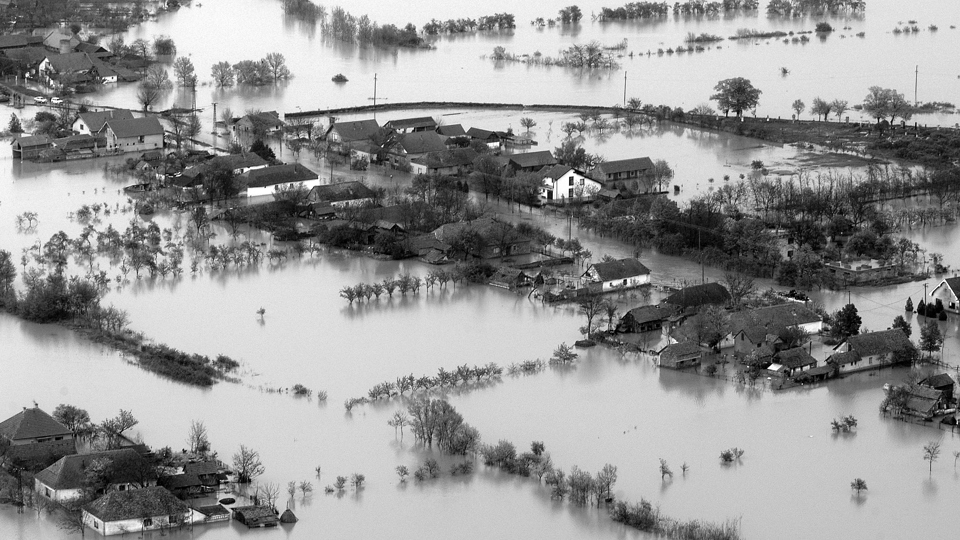A fight against climate change: carbon budgets
Our clients, youth activist Daze Aghaji and Skipsea resident Peter Garforth, instructed Hausfeld to take action to hold the UK Government to account for its failures to adopt adequate policies to combat climate change.
Situation
Both are individually affected by climate change. Daze experienced devastating house flooding when she lived near Skegness as a teen, before later seeing her family in Nigeria lose their home to the same fate. Now an experienced climate activist and public speaker, she actively advocates for accelerated ambition to fight the climate crisis. Peter is a resident of Skipsea in East Yorkshire, the fastest eroding coastline in Northern Europe and one of the most vulnerable communities in England impacted by climate change-related rise in sea-levels. Peter has long been demanding that the Government provides sea defences and sea walls, but it continues to turn a blind eye. Peter’s community consisted of 25 houses but, owing to coastal erosion, nine houses have been lost to the sea, five during 2021 alone.
Carbon budgets
To ensure a reduction of emissions in the UK, the Government is legally required to adopt binding ‘carbon budgets’ every five years, with each carbon budget capping the amount of greenhouse gas emissions. Combined, the carbon budgets – if strictly adhered to – would allow the Government to achieve its ‘net zero’ target by 2050. This would be compliant with the UK’s obligations under the Paris Agreement, which sets out clear agreed nationally determined contribution targets for reducing emissions, to drive signatories toward achieving net zero by 2050.
Carbon budgets are set by the Government on advice from the Climate Change Committee (CCC), an independent statutory body which monitors and advises on progress towards the 2050 ‘net zero’ target. The CCC has repeatedly found that the Government has failed to put in place policies which are adequate to meet the fourth, fifth and sixth carbon budgets and indeed, that its policies fall significantly short of being able to meet the relevant targets. This is what is referred to as the ‘policy gap’.
Actions
In a pre-action letter dated 6 September 2021, Daze and Peter requested that the Government ensures that its Net Zero Strategy Paper, which had been due to be published in September 2021, sufficiently plugged the policy gap, and set out a blueprint for the net zero target to be reached by 2050.
Having reviewed the Government’s response and Net Zero Strategy paper, Daze and Peter then wrote to the Government for a second time on 27 January 2022, requesting that it publish a revised Net Zero Strategy paper to ensure that the sixth carbon budget would be met.
Absent a satisfactory response from the Government, Daze and Peter then lodged an application for judicial review in the English High Court at the end of March 2022. A judicial review is a legal process by which a judge will review the lawfulness of the Government’s actions or inactions.
Outcome
On 25 May 2022, the Court granted permission for them to bring a judicial review in relation to the Government's carbon budgets - the first solely focused on individual claimants. A set of claims brought on similar grounds by several NGOs were heard together on 8 June while our case was stayed pending the outcome of those claims. The judgment in those claims was handed down on 18 July 2022 in favour of the claimants, finding that the Net Zero Strategy was unlawful.
In October 2022, the Government dropped its appeal of Mr. Justice Holgate’s decision and conceded our Claimants’ judicial review claim, a decision welcomed by both our clients. In addition, the October 2022 Climate Change Committee Snapshot report confirmed our clients’ position, stating that the UK is not on track for Net Zero by 2050.
Besides Hausfeld, Daze and Peter were also supported by leading barristers Marc Willers KC from Garden Court Chambers, and Estelle Dehon KC from Cornerstone Barristers.






